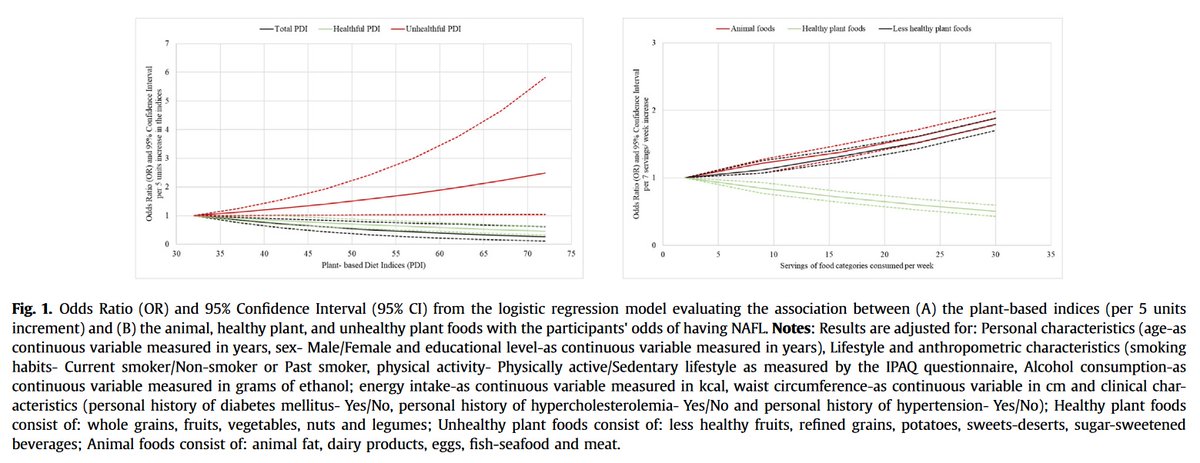
This meta-analysis suggests that there is no likely difference in the percentage of weight loss that may be brough about by alternate day fasting, the 5:2 diet, or time-restricted eating when compared with caloric energy restriction.
- All three main forms of intermittent fasting (zero calorie alternate day fasting, modified alternate day fasting, the 5:2 diet, and time-restricted eating) are effective weight-loss interventions.
- Findings suggested that they are likely equally effective for reducing body weight.
- The weight-loss efficacy of intermittent fasting was found simialr with that of caloric energy restriction.
- Networking analysis of a pooled data set predicted that alternate day fasting ranked the highest for weight loss, followed by caloric energy restriction, then trime-restricted easting, and no clear conclusions could be drawn on the 5:2 diet.
- Adherence to each of the protocols was found to be moderately high at the onset of treatment (80%), but it likely to diminish over time, and compliance was similar for all intermittent fasting regimes and caloric energy restriction.
A meta-analysis comparing the effectiveness of alternate day fasting, the 5:2 diet, and time-restricted eating for weight loss (open access)
doi.org/10.1002/oby.23…
#weightloss #IntermittentFasting
doi.org/10.1002/oby.23…
#weightloss #IntermittentFasting
• • •
Missing some Tweet in this thread? You can try to
force a refresh







